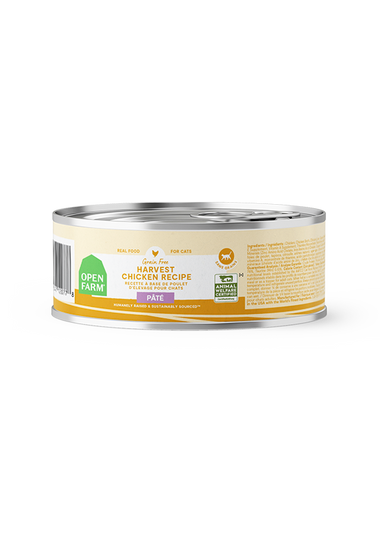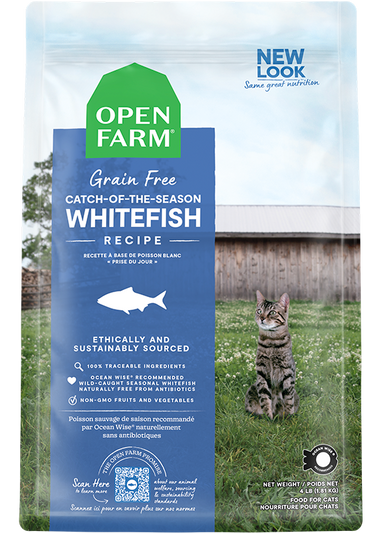Cats are known for their quirky behaviors, but one of the most puzzling and amusing phenomena is their fear of cucumbers. Videos of cats leaping into the air at the sight of a cucumber have taken the internet by storm. But why are cats frightened by cucumbers? And how does this tie into their overall health, including digestion, skin and coat issues, and maintaining a healthy weight? Let’s dive into the mystery of cats and cucumbers while exploring the importance of foods for our furry companions.
The Cucumber Conundrum
First, let’s address the big question: why are cats terrified of cucumbers? The most widely accepted theory is that cats mistake cucumbers for snakes. Cats have a natural instinct to avoid snakes, which are potential predators. When a cucumber is placed behind a cat without their knowledge, the sudden appearance of this long, green object triggers their fight-or-flight response. This reaction is a survival instinct, not a sign of a phobia or irrational fear.
But it’s not just cucumbers that can startle our feline friends. Some cats are frightened by cucumbers and bananas alike.
Foods for Feline Health
Now that we’ve had a bit of fun tackling the mystery of why are cats afraid of cucumbers, let’s shift our focus to something equally important: your cat’s diet.
Digestion and Stomach Issues
A healthy digestive system is crucial for your cat’s overall well-being. Cats are obligate carnivores, meaning their diet should primarily consist of meat. However, not all cat foods are created equal. Foods designed for digestive health can make a significant difference.
- Easily Digestible Proteins: High-quality proteins like chicken, turkey, and fish are easier for cats to digest and provide the necessary nutrients for their growth and maintenance.
- Fibre: Ingredients like pumpkin and sweet potato can help regulate digestion and prevent issues like constipation or diarrhea.
Just as a cat’s sudden encounter with a cucumber can disrupt their peace, digestive issues can disrupt their overall health. Ensuring your cat’s diet includes foods that support digestion can help maintain their well-being and prevent any surprises in their digestive system.
Skin and Coat Health
A cat’s skin and coat are indicators of their overall health. Foods that support skin and coat health can help your cat look and feel their best.
- Omega-3 and Omega-6 Fatty Acids: These essential fatty acids are crucial for maintaining healthy skin and a shiny coat. They can be found in ingredients like fish oil and flaxseed.
- Vitamins and Minerals: Nutrients like vitamin E, biotin, and zinc play a vital role in skin health and fur quality. They help promote healthy skin which may reduce dryness, flakiness, and excessive shedding.
- Hydration: Wet cat food can help keep your cat hydrated, which is essential for skin health. Cats often don’t drink enough water, so incorporating wet food into their diet can be beneficial.
A cat’s reaction to a banana or cucumber can be a visible sign of their instincts just like their skin and coat condition can be a visible sign of their health. Foods that support skin and coat health can help your cat maintain a shiny, healthy appearance.
Maintaining a Healthy Weight
Obesity is a common issue in cats and can lead to various health problems, including diabetes, arthritis, and heart disease. Certain foods can help your cat maintain a healthy weight so there isn’t any sneaky weight gain or unexpected health issues.
- Portion Control: Feeding your cat the right amount of food is crucial. Follow the feeding guidelines on the cat food packaging and adjust based on your cat’s activity level and weight.
- High-Quality Ingredients: Avoid cat foods with fillers like corn and wheat, which can contribute to weight gain and digestive issues. Instead, opt for foods with high-quality proteins and no unnecessary additives. Consider reputable brands like Open Farm, which prioritize transparency and use responsibly sourced, nutrient-rich ingredients to support your cat’s overall health.
Final Thoughts
While the sight of a cucumber might send your cat into a frenzy, their overall health and well-being are no laughing matter. By understanding the importance of foods, you can support your cat’s digestion, skin and coat health, and maintain a healthy weight.
So, the next time you’re at your neighborhood pet store, take a moment to read the labels and choose foods that will keep your feline friend in tip-top shape. And maybe keep the cucumbers out of sight—just in case!
This article is meant only as an example of what might work well for your pet, please reach out to our Pet Parent Experience Team if you have any questions about your pet’s own unique circumstances! To ensure these products are a good fit for your furry friend, we also recommend consulting your vet about any new diet, or environment changes, especially if there is a medical concern. They should be able to help as you and your vet know your pet’s medical history best!








































 Sign In
Sign In
 Create Account
Create Account













